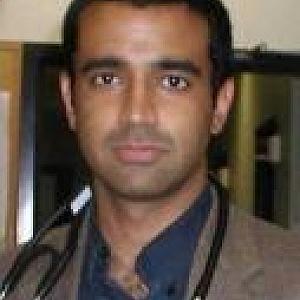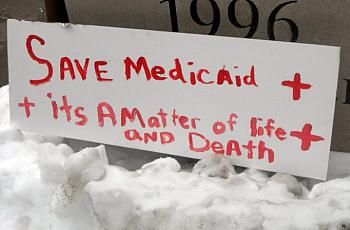
Rishi Manchanda
Founder & President

Founder & President
Rishi Manchanda is a physician, public health entrepreneur, and writer. He practices internal medicine and pediatrics and is the lead physician at a primary care clinic for homeless veterans at the Veterans Health Administration in Los Angeles. He is also the founder and president of HealthBegins, a startup implementing innovative technologies and training to improve care for patients with medical and social needs. He previously practiced primary care at a community health center network in south Los Angeles, where he served as the clinic’s first director of social medicine and health equity. He is an assistant professor at Charles R. Drew University of Medicine and Science and the founder of RxDemocracy, a national nonprofit, nonpartisan coalition of health care and civic groups that promote health equity through civic and voter participation.
His work focuses on systems innovations and technologies to improve the health of vulnerable patients and communities with complex medical and social needs. He is a regular lecturer at colleges and universities on innovations in primary care and public health, the social determinants of health, and health and human rights. Manchanda is a board member of the National Physicians Alliance and Physicians for Social Responsibility — Los Angeles and has served on the advisory board of the Grameen Creative Lab, a project of Nobel Peace Prize Laureate Muhammad Yunus. His writings have appeared in the Los Angeles Times, the Huffington Post, the HealthAffairs blog, the Harvard Health and Human Rights Journal, and the National Civic Review. He lives in Los Angeles with his wife and daughter and enjoys swimming.
In June 2013, Manchanda published his first book, "The Upstream Doctors," through TED Books, an imprint of short nonfiction works designed for digital distribution. In the book, Manchanda coined the term "Upstreamist," which describes healthcare professionals who treat not only the symptoms, but also the social and environmental conditions of everyday life that cause disease. Through stories, case studies, and interviews with leading Upstreamists, the book presents a new conceptual model of the healthcare workforce and presents a roadmap to train over 24,000 Upstreamists by 2020.

Innovative providers understand health is more than a chemical equation that can be balanced with pills and procedures. They see that health begins in our everyday lives, in the places where we live, work, eat, and play.

<p>On the front lines of caring for the poor, one doctor examines how proposed deep cuts to Medicaid could hurt his patients.</p>